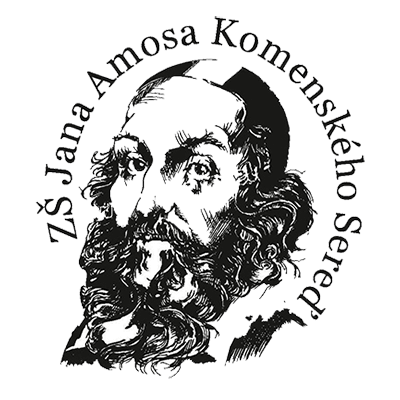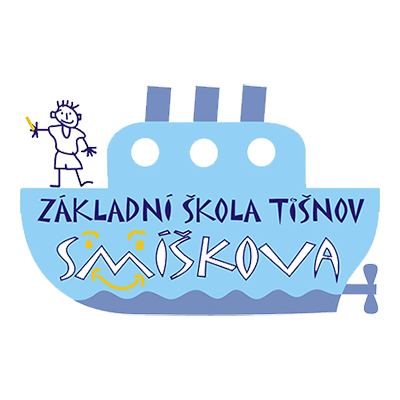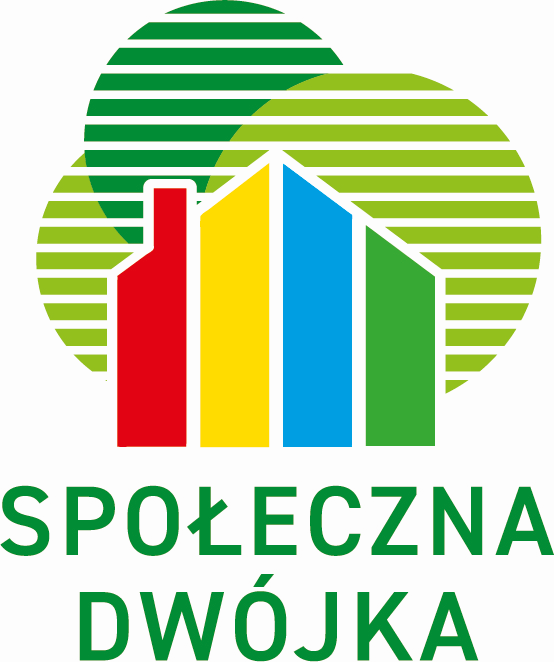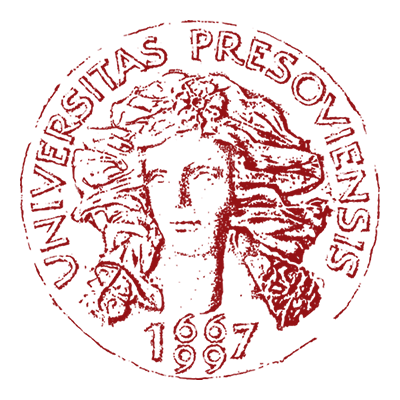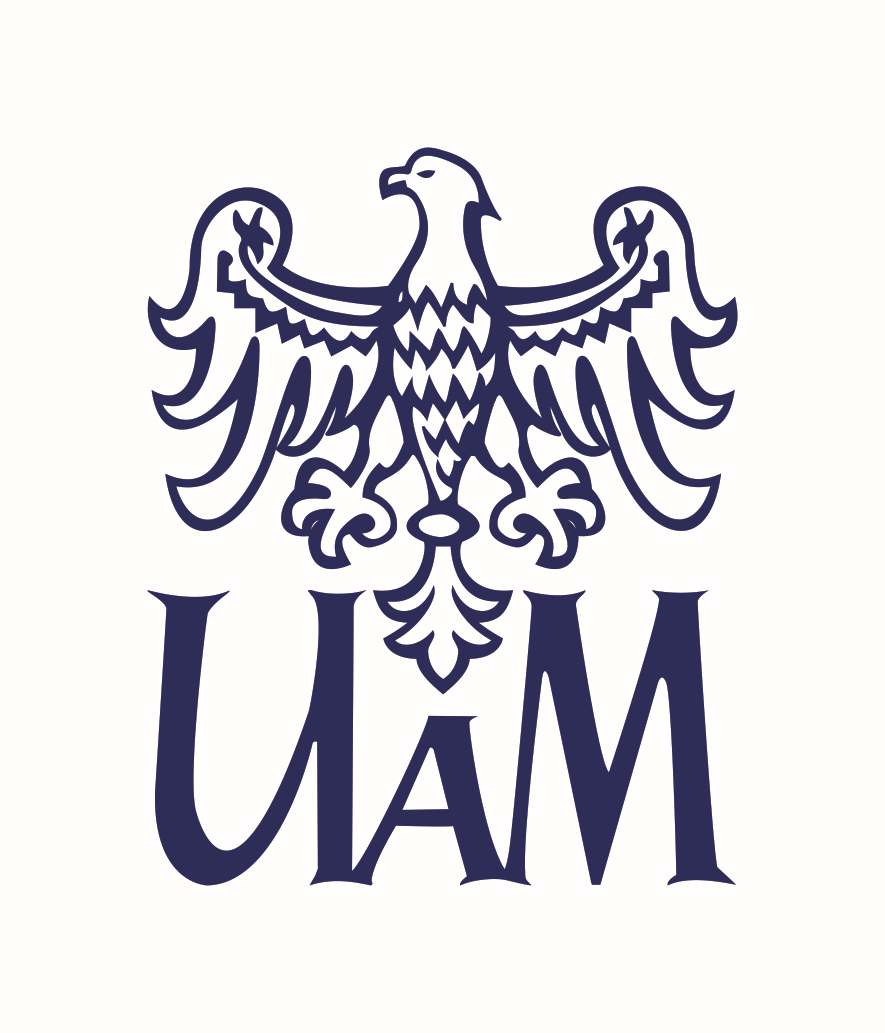Partners
Primary school Jana Amosa Komenského in Sereď (Slovakia)
Jan Amos Komensky Primary School in Sereď has been providing primary and lower secondary education since 1963. In 2002, it was awarded the honorary title Jan Amos Komensky Primary School for its long-term above-average results in the field of pupil education. In 2013, due to the rationalization of schools, P.O. Hviezdoslav Primary School in Sereď merged with Jan Amos Komensky Primary school into one unit. The staff of the school comprises of 84 employees, involving 58 teachers and 26 non-teaching employees. The number of pupils is 560, including 60 first grade pupils, and it also has 63 learners with special needs. The school pays particular attention to science, sports, and languages. The high quality of the education process is accompanied by harmony, friendly atmosphere together with a modern and comfortably equipped environment. The teachers are familiar with applying an individual approach, and modern practices and school supports them to improve their professional skills on a continuing basis/continuingly. For many years, the school has been trying to fulfil the requirements for intensive language education. Teaching a foreign language has also been moved to involve younger age students: the English language is taught from year one. There are 5 special cabinets for teaching languages, including one language laboratory and the school library is available to the students with reading materials in both Slovak and English languages.
Primary school Tišnov, Smíškova (Czech Republic)
Primary school Tišnov, Smíškova is a primary and lower secondary education public school with 2-3 classes in each grade. The staff of the school comprises of 51 qualified teachers and the school is attended by 580 pupils. The school is located in a calm part of Tišnov in the Czech Republic, with its private school garden. There are 32 classrooms and 2 gymnasiums. 16 of the classrooms are equipped with interactive whiteboards. Most of the school is accessible to wheelchair users. All pupils start learning English from the first grade, with one lesson per week, two lessons per week during the second grade, and from the third to fifth grade, all pupils have three lessons of English language per week. Before sixth grade, children are divided into two language groups through an achievement test in the English language – the ones with higher test scores and willingness to study the language have an extra lesson of English per week from sixth grade on. Teaching English is also supported by organizing a residency program in England and other events.
Public Primary School nr 2 in Poznań (Poland)
Public Primary School nr 2 in Poznań – Społeczna Szkoła Podstawowa nr 2 is a primary school in the beautiful city of Poznań in the west part of Poland, halfway between Warsaw and Berlin. The school is located in a very green and calm part of Poznań. We have a beautiful rose garden, a big playground and a big pitch. All the classrooms are equipped with interactive whiteboards. The school celebrated its 30th-anniversary last year.
There are eight levels of primary school in Poland. There are 2, 3 or 4 classes at each level in our school depending on the number of students accepted to our school. Per each class, there are 16-18 pupils. It comprises 60 qualified teachers and 330 students.
English is an important part of our school’s curriculum. Children start learning the language already in the first grade, three hours a week. In grade five, the number of hours increases to four per week and from grade 6, children have an English class every day. To enable children a more efficient way of learning the language, students in the third grade are already divided into two groups in each class. Before the sixth grade, students take a language test to get into one of the five groups depending on their level, and as mentioned above, they have English five times a week. One of the biggest English projects in our school is a Mini-Drama Theatre Festival that takes place every year. Students prepare various theatrical performances on a different theme each year. The project enables them to use English, learn new vocabulary and practice their speaking.
Dr. Josef RAABE Slovensko, Ltd. (Slovakia)
Dr. Josef Raabe Slovensko, s.r.o. was established in 1999 and is a member of the international Klett Group. RAABE is nowadays the largest expert educational publisher in Slovakia. Its main goal is to improve the overall quality of the Slovak education system in the field of teaching, didactics, and entrepreneurship. The efficient headmaster, an engaged teacher, and a competent student – that is the vision of the RAABE company that publishes books, workbooks, handbooks, and other methodical resources, journals, and worksheets. The company has vast experience in organizing workshops accredited by the Ministry of Education in Slovakia, specialized conferences, and other educational events for teachers and the expert public. Dr. Josef Raabe Slovakia cooperates with many state educational institutions as the Didactic-Pedagogic centre, which focuses on postgraduate education of teachers in cooperation with the State Pedagogical Institute, which is responsible for national curricula, educational programmes and standards in Slovak schools. For more than 16 years, the company has been successfully cooperating with a variety of organizations in the field of education from all around Europe. Since 2016 publishing house Dr, Josef Raabe Slovakia, s.r.o. has entered the market of foreign language education. In October 2016, it launched the portfolio of language literature from ELI Readers series. RAABE also brought a well-known brand of foreign language self-study materials PONS.
Prešov University in Prešov (Slovakia)
The University of Presov ranks among the most reputable and distinguished universities in the Slovak Republic. The University was officially established by the Act no. 361/1996 Coll. on 1 January 1997 as Pavol Jozef Safarik University in Kosice division. The University consists of 8 faculties, which offer a number of accredited study programmes in all 3 degrees (Bachelor, Magister and Doctoral degree), and both full-time and part-time form. The Faculty of Arts has established itself as a successful and developing body of research and teacher training activities and as a significant part of the Slovak and international community of humanities education. In the fifty years of its existence, the Faculty has prepared generations of specialists, teachers, renowned scientists as well as social workers. Many of them now work as top specialists in positions of importance both at home and abroad. The total number of students is currently 8, 335, and 1, 066 employees. Since its foundation in the 1960s, the Institute of British and American Studies has occupied an important position within Slovak and Central European centres of English studies. The Institute staff members are involved in research into theoretical and applied linguistics, sociolinguistics, pragmalinguistics, Anglophone literature, translatology, Anglo-American studies and English language teaching methodology.
Masaryk University in Brno (Czech Republic)
Masaryk University, located in Brno, is the second-largest university in the Czech Republic. At present, it comprises of nine faculties with over 200 departments, institutes, and clinics. Currently, there are over 32, 000 students studying 600 different Majors at Masaryk University, approx. 2, 200 academic staff, and 3,000 administrators. It is one of the most important teaching and research institutions in the Czech Republic and a highly-regarded Central European university. The Faculty of Education was established in the autumn of 1946 as Masaryk University’s fifth faculty. The Faculty’s main aim is to enhance the quality of life and education in the society by educating and training teachers for pre-primary, primary, lower secondary school levels and, in some fields, for upper secondary schools. Research and development is a priority division of the Faculty’s expertise, including primarily educational and pedagogical areas, most importantly general pedagogy, subject didactics, special education, health and lifestyle training, aspects of social pathology and multicultural education. The Department of English Language and Literature at the Faculty of Education aims to provide high quality, liberal education for future teachers of English. Emphasis is equally placed on the development of/developing professional competencies and appropriate subject and pedagogical content knowledge; the ability to apply them in diverse settings, and the adoption of values essential in forming an active, responsible, and independent member of the community.
Adam Mickiewicz University in Poznań (Poland)
Adam Mickiewicz University in Poznań is the foremost academic institution in Greater Poland (Wielkopolska region) and one of the top Polish universities. Its reputation is built on the tradition of higher education in the City of Poznań, on the scholarly achievements of its academic staff and on the high standard of the university facilities.
The history of university education in Poznań goes back to the 17th century. In 1611, King Sigismund III Vasa granted university status to the Jesuit College in Poznań, which operated until 1773. After World War I, in 1919, the University of Poznań was established. In 1955, its name was changed to Adam Mickiewicz University, in honour of one of the greatest Polish poets.
At present, Adam Mickiewicz University has the status of the research university and comprises six principal academic units: five research schools and a doctoral school. It employs close to 3000 academic teachers and researchers and its student population is over 35000. The university runs over 200 full degree programmes, with 19 programmes being offered in English.


